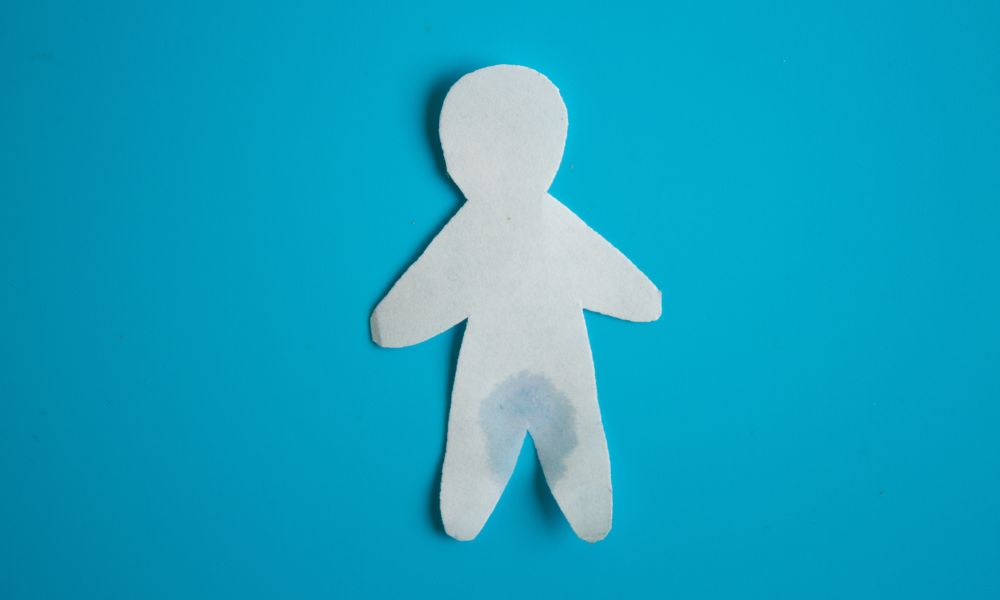Does Incontinence Affect Men Differently Than Women?
Posted by Jeanne Lowry on Sep 22nd 2022

When it comes to biology, there are quite a few differences between men and women, especially when looking at the urinary tract. Because of that, men and women experience issues dealing with incontinence differently, but how exactly does this affect men compared to women? Well, we plan on covering just that in this guide so that you can know what to expect if you ever run into this medical issue in the future.
Who’s More Likely To Deal With Incontinence?
One thing many people don’t know about incontinence is that it affects women much more often than men. While factors such as obesity, age, and dementia are equally likely to happen in both sexes, women have two leading causes that make them more susceptible. These are pregnancy and menopause.
Both will cause incontinence in women later in life, and they will experience one, if not both, of these factors at some point in their lives. On the other side of things, men will never experience either, making them less prone to becoming incontinent. However, men can develop this issue through an enlarged prostate, but this isn’t common.
What’s the Difference in Effects?
While many of the effects of incontinence are quite similar for men and women, some occur more often for one sex than the other. For women, many feel a continual need to urinate, and when they do, it’s typically in the form of leakage rather than being unable to hold it.
Men typically experience the opposite effect that women do when it comes to incontinence. They usually empty the bladder fully when dealing with this problem, leading them to bed wetting more often than women. A reason for this might be that incontinent men usually don’t fully empty their bladders when willfully urinating.
What Options Are There for Handling Incontinence?
Regardless of a person’s sex, the options for handling incontinence are relatively the same. It’s still best to consult your doctor for a recommendation on how to address the issue, but medication, incontinence briefs, and catheters are the most common options.
However, there are some notable differences in size between male and female catheters since men have longer urethras than women. Plus, men have a bit more freedom if they decide to use an external one. Male external catheters work the same way a condom does, making them easier to take on and off. This version for women is much more difficult to put into place. Typically, a medical professional will have to help to ensure the female one gets positioned correctly.

